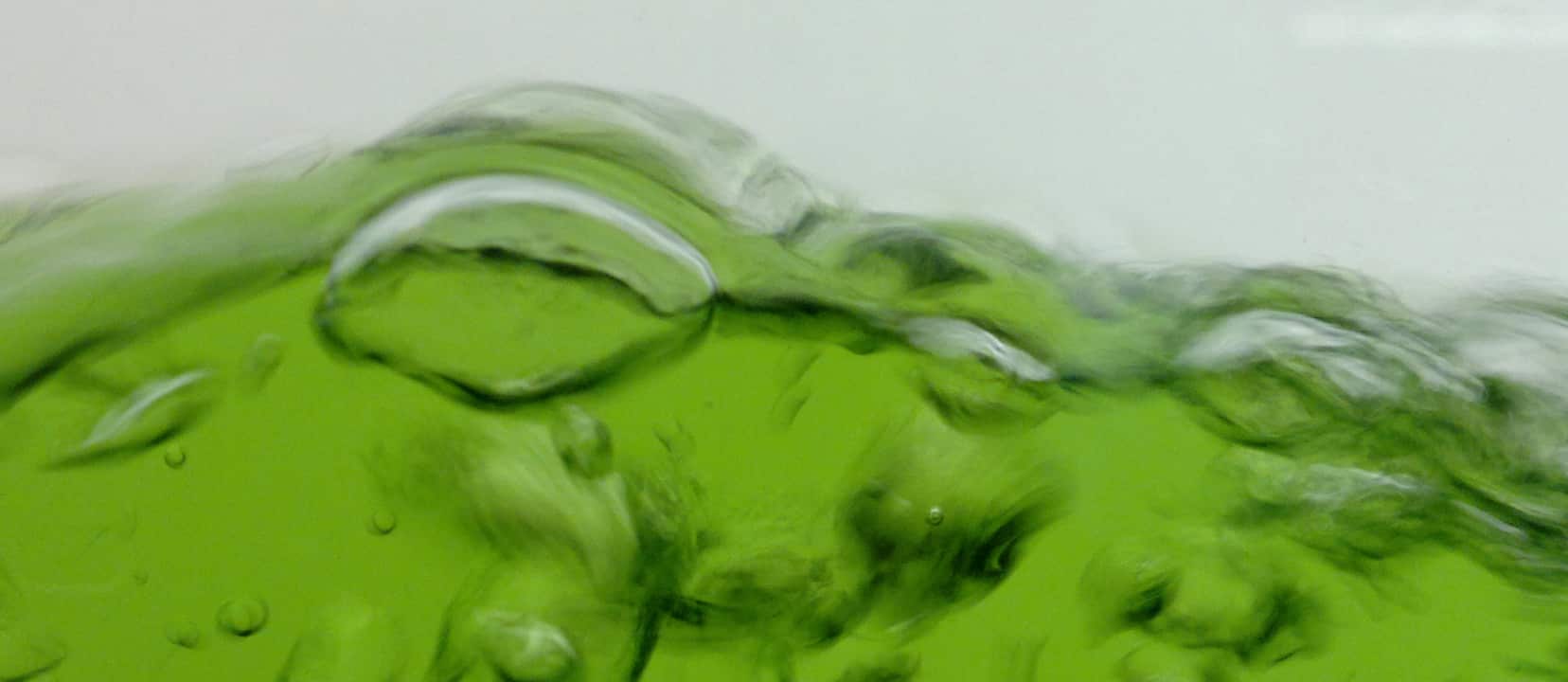Multiple studies published over the last few decades suggest that exercise can mitigate the decline in immune function as we age. Exercising can boost the activity of natural killer cells, our immune soldiers that focus on eliminating both tumor cells and virus-infected cells.
In my video, Treating Hepatits C with Chlorella, you can see the clear difference in natural killer cell activity between women involved in athletic competitions and their sedentary counterparts. There is a growing consensus that natural killers appear to be the immune system component that is most responsive to the exercise across the board, in populations ranging from older women to younger men. Even just moderate exercise, such as daily walking, appears to significantly improve natural killer cell activity within six weeks. This may be why exercise helps protect against cancer.
On the other hand, sustained, vigorous exercise may actually impair natural killer cell immunity, which may be one reason endurance athletes like marathon runners appear more likely to get upper respiratory tract infections. But could there be a natural solution?
Petri dish and animal studies have suggested that the green algae chlorella can affect natural killer cell activity. However, there was no direct evidence for the effect of chlorella supplementation in humans, until a South Korean randomized double-blind placebo controlled trial gave subjects about two teaspoons of chlorella a day for eight weeks. Compared to placebo, those getting chlorella had a significant increase in natural killer cell activity.
Do these results actually translate into clinical benefits? It is estimated that up to four million people in the U.S. have chronic hepatitis C virus infection, the leading cause of liver transplants, estimated to kill a quarter million Americans this decade. The current treatment is costly and brutal, costing up to $85,000, and nearly half can’t even complete the treatment, due in part to the many complications associated with the treatment. That’s why there’s such a need for novel treatment options.
A study out of the World Journal of Gastroenterology put chlorella to the test for chronic hepatitis C. After three months of chlorella, subjects reported improvements in quality of life, but that could have just been a placebo effect since the control group wasn’t given green sugar pills. However, a significant improvement in ALT is harder to explain. ALT is a marker of liver inflammation, and improvements in ALT could be explained by a beneficial immunostimulatory effect of chlorella supplementation.
No serious adverse effects were reported in the study; so, why not give chlorella a try? Well, the brand the researchers used, Sun Chlorella, was tied to a disturbing case report. A 48-year old woman in Omaha suffered a psychotic break, out of the blue, two months after starting chlorella. Physicians stopped it and started her on an antipsychotic drug, and a week later she was fine. Chlorella has never been linked to psychosis before; so, presumably it was just a coincidence that the psychosis started after she started taking chlorella, and the reason she felt better after stopping it was because the drug was kicking in. But seven weeks later, still on the drug, she became psychotic again after starting back on the chlorella. They stopped the chlorella again—this time that’s all they did—and the psychosis resolved.
Maybe it wasn’t the chlorella itself, but some toxic impurity or adulteration? We don’t know. While chlorella is marketed to promote mental health, this case underscores the importance of educating the public about the potential adverse effects and the need for more research in herbal products being marketed in the United States.
That psychosis case report makes me nervous. Unlike blue-green algae, which can produce neurotoxins, chlorella does not (Is Chlorella Good for you?), but neither does spirulina; yet, toxins have been found in spirulina supplements, presumably due to contaminants (Another Update on Spirulina).
UPDATE: Some chlorella supplements have been found to contain unacceptable levels of contamination with toxin-producing species of algae, so I would recommend against consuming it. Video forthcoming…
There are other ways to counter the impact of over-strenuous exercise. See:
- Enhanced Athletic Recovery Without Undermining Adaptation
- Preserving Immune Function in Athletes with Nutritional Yeast
And other ways of Boosting Natural Killer Cell Activity.
In health,
Michael Greger, M.D.
PS: If you haven’t yet, you can subscribe to my free videos here and watch my live year-in-review presentations Uprooting the Leading Causes of Death, More Than an Apple a Day, From Table to Able, and Food as Medicine.
